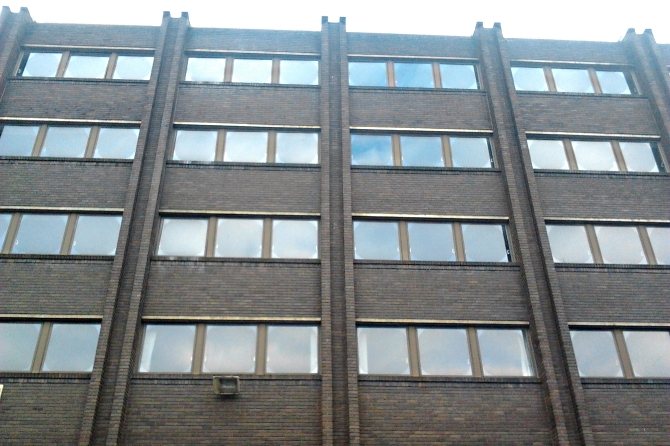With reports of demand beginning to outstrip supply in some key markets, the absence of commercial development during the recession may hinder the recovery. However, a new report from asset design and consultancy firm Arcadis has highlighted the very real impact that a lack of investment could have upon the wider economy, and how investment into ageing buildings and infrastructure could play a huge part in increasing revenues made from built assets.

The UK came eighth in an index of countries managing to extract revenue from property and infrastructure, with countries such as China, the USA and Germany all ranking higher in this category. At present, the UK makes only £412 billion from these assets which, at 28 per cent of GDP, compares poorly with the international average amongst advanced economies of 35 per cent.
Although the UK by no means scored the worst of the 30 countries participating in the Global Build Asset Performance Index, which was compiled in conjunction with the Centre for Economics and Business Research, its relatively low ranking should be a wake-up call for those hesitant to invest in ageing properties. Researchers believe that, due to the shift in the UK economy from manufacturing to services, warehouses and factories are no longer being used to their full advantage and therefore are causing UK businesses to lose out on vital revenues.
Arcadis head of research, Simon Rawlinson, believes action must be taken in the form of increased investment in order to allow the strong pace of growth in the UK economy to continue.
He says; “If it [the UK] is to remain competitive on a global stage, it needs to both invest in new assets and further improve the performance of what it already has.
“The UK risks a future of enduring problems due to the quality of its ageing infrastructure which could result in weakened economic growth.”
Mr Rawlinson conceded that this is something of a challenge for a country still struggling with the aftermath of recession, but strongly believes that investment into improving rail and air links is necessary in order to continue to drive growth. Of course, this is backed up by the mounting evidence to suggest that Britain’s airport capacity is reaching breaking point, which has led to ongoing discussions regarding a potential new hub airport in London.
He continues; “Overall, the relatively low value of the UK’s overall built asset stock points to the need for greater investment in built assets in specific areas of the economy, including housing, education and social care infrastructure.
“Investment in transport infrastructure, such as High Speed 2 and a major replacement of energy infrastructure are essential for the economy to maintain its competitiveness and can be expected to contribute to further growth in the UK’s built asset wealth.”
Previous Post
Lancashire Retailers call for Cap on Charity Shops